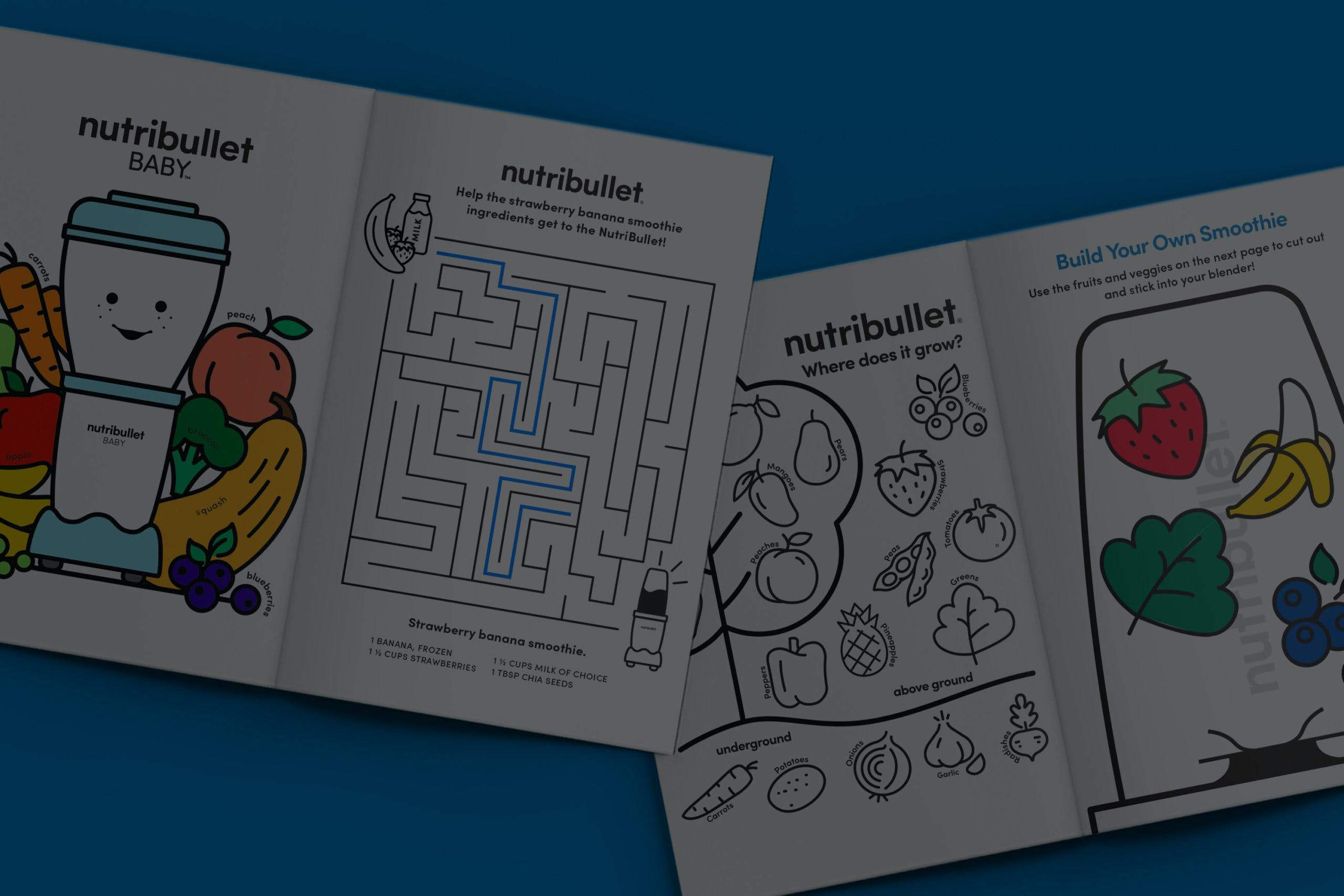Many people look back fondly on their twenties as a time of junk food-filled festivities. I can recall staying up all night studying and snacking on candy, chips and sugary coffee drinks, or going for an early morning breakfast with friends after a night out, and still being able to zip my jeans the next day. Sigh.
We have all heard people talk about getting older and how much harder it is to lose weight as we get into our late 30’s and early 40’s. Why does this happen and how can we keep weight gain at bay as we age, even if it feels like we aren’t doing anything different to cause the persistent growth of our girth?
As we age, our bodies go through some changes, including how we digest food and how fast or slow our metabolism works. Some of this is due to hormonal changes, which medical doctors might have to take care of before any potential weight loss can occur. Here are tips that might help some of you struggling with your weight loss goals.
Eat Enough Calories
This means real, whole food calories. Consuming your calories through soda or non-nutritious, processed food items are more detrimental now than it ever was before because your metabolism is slower and is going to hold onto those junk food calories more readily. Focus on full-fat foods (yes I said full fat!) because they’re more flavorful and will make you feel more satisfied in smaller amounts. Focus on quality over quantity. Spend a little more on organic protein or quality grass-fed options that feed your body with the nutrients it needs, instead of eating junk foods that give you excess calories but no nourishment.
Add Strength Training Workouts
When I’m counseling clients, especially women, the most common complaint is about their weight. It’s not the weight that keeps you from fitting in your favorite clothing items as much as it is the fact that your metabolism is slowing. As you age, your muscle mass begins to diminish, making you more susceptible to higher body fat. You may not be using your muscles as often as you think! We tend to gravitate towards a more sedentary lifestyle as we age. Strength training gives your metabolism a little boost and helps your muscles grow, giving you more room to eat and still stay lean. I recommend classes that involve high-intensity interval training (HIIT) because they combine cardio with strength training.
Get Enough Sleep
As we age, there are certainly more things going on in our lives that can keep us from sleeping the optimal 7 to 9 hours a night. Demanding jobs, children, family schedules, or even physical issues, like back pain or snoring, can prevent us from getting the proper amount of sleep. Unfortunately, lack of sleep is directly correlated to weight gain over time because of two major hormones: ghrelin and leptin. Both of these hormones control hunger and satiety (feeling full). When you’re getting less than seven hours of sleep a night continually, ghrelin, which is the hunger hormone, increases. At the same time, leptin, the satiety hormone, decreases. This typically means you’ll have stronger cravings for sugary or salty snack foods, which causes weight gain over time. There’s no golden ticket to sleeping better, but a few suggestions include turning off electronics at least an hour before bed, reading, taking a hot bath or drinking a hot, decaffeinated beverage.
Watch Your Portions
The goal of eating is to feel satisfied, but not stuffed. As you age, your body will more readily store excess energy as fat unless you’re burning it off. One way to counter this is to be mindful of your portions and to eat more frequently, but in smaller amounts during each meal. If five to six meals a day sounds impossible for you, take some of your bigger meals and divide them into two parts. For example, if you make a big salad, some rice or quinoa, and chicken breast or beans at home, portion what would be your one meal into two Tupperware bowls and eat one for lunch and the other as a late afternoon snack. This may not always be possible. Be sure not to go longer than 3 to 4 hours without food. A light snack, like a piece of fresh fruit and a handful of nuts, gives you the energy boost you need and makes it easier to avoid eating too much during dinner time.
Have a Routine and Be Realistic
Irregular eating schedules on a regular basis can wreak havoc on your metabolism. It’s best to figure out the number of calories you need to maintain the weight that makes you feel good, divide that number between 3 to 5 meals or snacks you eat per day and try to stick with it. I see the most weight gain when a person who is used to having a bowl of oats with fruit and nuts for breakfast settles for a banana in a hurry. By lunchtime, they’re starving and making rushed, hungry food decisions. If that becomes an everyday habit, it will lead to weight gain. Be realistic and make small gradual changes you can incorporate into your lifestyle over time. If you work long hours and are sedentary, commit yourself to find thirty minutes every day to take a brisk walk or use that allotted time to take a dance or organized activity class with friends. If you would rather not increase your exercise, figure out what dietary changes you can make in your daily eating routine that you can stick with.
Before changing your diet and exercise routine, be sure to consult with your doctor. Gaining weight as we age is easy, unfortunately. Losing it? That’s a different story. By watching what you eat, getting enough rest, and maintaining an active lifestyle, you can safely lose the weight and keep it off.
Nutritional information
Recipe: Creamy Green Strawberry Dream Serving in this recipe:1
- Calories: 236.6
- Total Fat: 3.6 g 5.5%
- Saturated Fat: 0.4 g 1.9%
- Cholesterol: 0 mg 0%
- Sodium: 358.7 mg 14.9%
- Total Carbs: 45.7 g 15.2%
- Dietary Fiber: 9.9 g 39.4%
- Sugar: 22.1 g
- Protein: 8.1 g 16.2%
- Vitamin A: 481.9% Vitamin C: 244.1%
- Calcium: 68.5% Iron: 26.1%
* Percent Daily Values are based on a 2,000 calorie diet. Your daily values may be higher or lower depending on your calorie needs.












